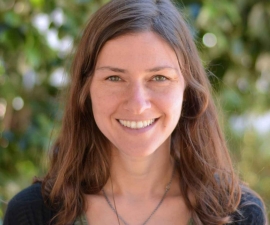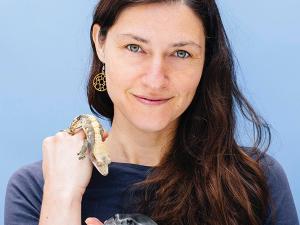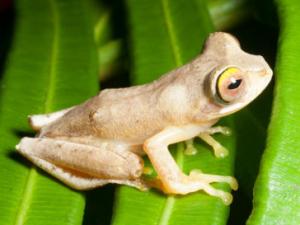

Research Bio
The Rosenblum lab studies the processes that generate and impact biological diversity. We are particularly interested in both sides of the evolutionary speciation/extinction “coin” and in determining the mechanisms of rapid adaptation of animals to changing environments. We work across levels of biological organization (from genes to phenotypes to behaviors to community assemblages) and use a variety of methodologies (from genomics to field ecology). Topically, many of our projects focus on reptile and amphibians in the western US. Currently funded efforts in the lab focus on disease-related declines in amphibians and ecological speciation in lizards. However, we have a diversity of other projects and collaborations in evolutionary ecology, ecological genomics, and global change biology.
Research Expertise and Interest
evolutionary biology, global change biology, conservation biology, ecological genomics
In the News
Berkeley Voices: Biologist Confronts Deep Roots of Climate Despair
The Climate Crisis: Justice and Solutions
Scientists track frog-killing fungus to help curb its spread
Featured in the Media
One of the most mysterious and intractable killers of amphibians around the world is the chytrid fungus, which disrupts the delicate moisture balance of their skin. "Amphibians are already one of the most imperiled groups on the planet, and this fungal disease is further threatening their biodiversity," says associate environmental science, policy, and management professor Erica Bree Rosenblum, co-author of the most comprehensive map of the fungus's infections of frog populations. Professor Rosenblum conducted the research with graduate student Allison Byrne and an international team of scientists. "An invisible aspect of globalization is that when we move plants and animals around, we are moving their diseases around, and that can have really devastating consequences," she says. "If we know what lineages are where, we can better predict conservation outcomes, because some of these lineages are really deadly, and others less so." This story originated at Berkeley News.



